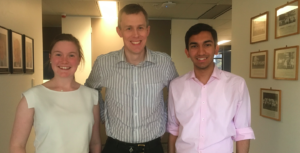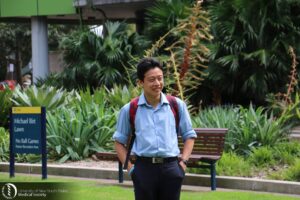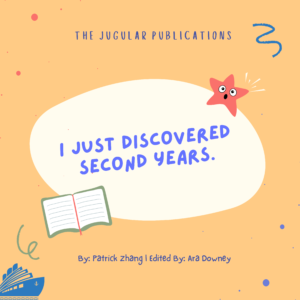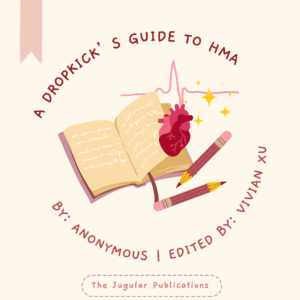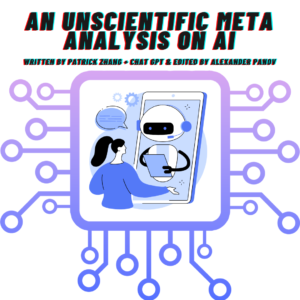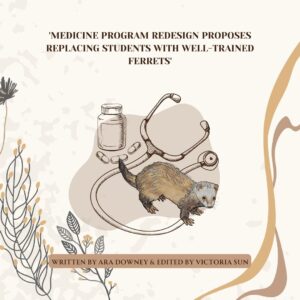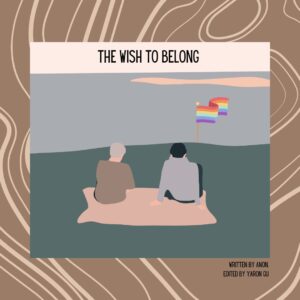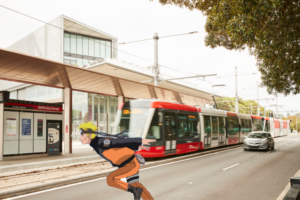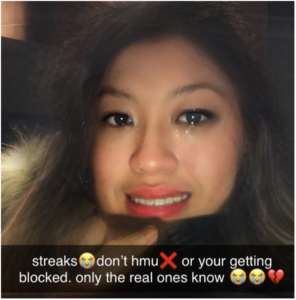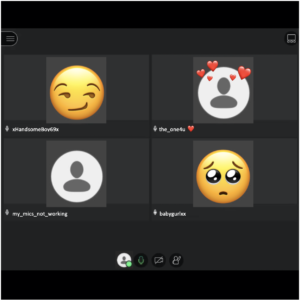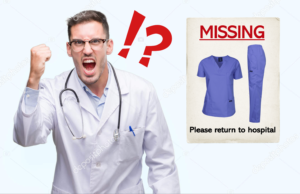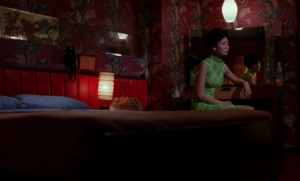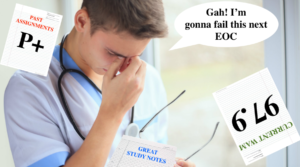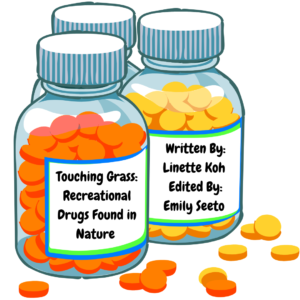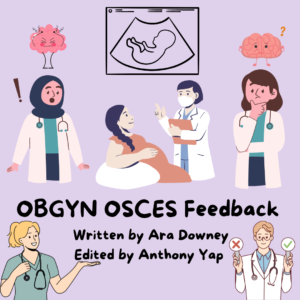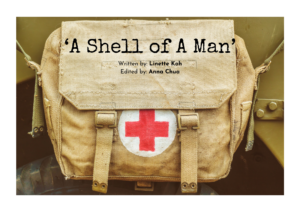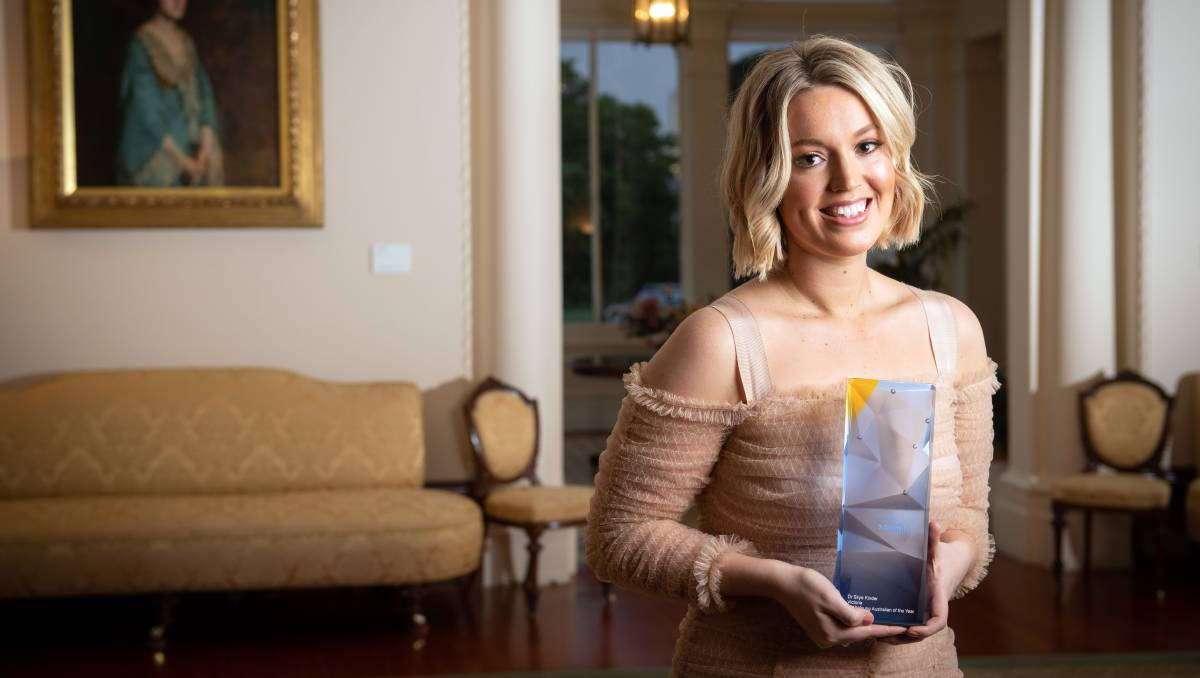
Named the 2017 VIC Junior Doctor of the Year and the 2019 VIC Young Australian of the Year, Dr Skye Kinder is a passionate advocate for rural and other marginalised patients and their communities. Her interests lie in health policy, workforce planning, and service and process enhancement.
Representing Australia’s 17,000 medical students nationally as Rural Health Officer for the Australian Medical Students Association, Skye co-founded the AMSA Rural Health Committee. Her determination to bring rural health to the fore of the medical student agenda also established the AMSA Rural Health Summit, now in its fourth year.
Currently appointed to the Board of the Rural Doctors Association of Victoria and to the Board of the Postgraduate Medical Council of Victoria, Skye continues to champion changes in rural health across the state and nationally. She is an active member of the Rural Doctors Association of Australia Residents and Registrars Special Interest Group, and Chair for the annual Victorian Rural Health Conference.
Skye is currently completing vocational training in psychiatry and studies Health and Medical Law at the University of Melbourne.
You’ve talked about growing up in Central Victoria in Bendigo and the life-changing event of having to witness your Dad travel to Melbourne for a lung condition, which could have otherwise taken his life. Is the critical insight you developed into the healthcare issues in rural Australia something that is lacking from medical education or is it gained via experience?
People often ask me: “when did you become interested in rural health?”. My dad used to, and actually still does, travel to the city for specialist care, so participating in rural health was never really an option or a choice for me, it was always just a reality. Unfortunately it’s also a reality for the one-third of Australians who currently live in rural, regional and remote areas and who continue to have differing access to healthcare because of their postcode. I do think these kinds of challenges can be difficult to fully appreciate without lived experience, but that is where teaching comes in.
How do you reckon that teaching should happen?
I think that a lot of teaching around sociocultural disadvantage actually happens peer to peer. That’s why it’s so important to diversify medical school intake, because we all end up learning from each other. There’s a proper name for this: Professor Richard Murray (James Cook University) often talks about the ‘hidden curriculum’ in medicine, the attitudes taught to us by our colleagues, that complement our ‘formal curriculum’ in lectures and tutorials. There’s still work to be done when it comes to ensuring that the voices of First Nation peoples, migrant, low SES, and other disadvantaged or marginalised populations are adequately represented in both ‘curriculums’, but I think we are making progress.
After studying your undergraduate at Monash, you were successful in entering Melbourne’s MD program. How did you feel when you received that acceptance offer?
I was excited! As the first person in my immediate family to go to university, getting into medical school honestly felt a bit unlikely or even unachievable at times. But it’s important to back yourself, and to go after opportunities – someone has to be selected, and there’s no reason why it can’t be you.
Medical students can often experience imposter syndrome or simply a feeling of not belonging. Did you ever experience moments of uncertainty or self-doubt during your degree?
I have no specific anecdotes about this, because I quite literally experience imposter syndrome all the time. There are some days when I’m teaching on the wards or speaking at meetings or at conferences, where I suddenly stop and wonder – who let me become a doctor? It can definitely be difficult to reconcile.
What pulls you out of these moments?
One of my consultants – mind you, this is the most clinically competent physician I’ve ever met – said to me as a student, “I still wake up and wonder when someone is going to figure out that I’m not supposed to be here”. Knowing that even senior colleagues, who you look up to, struggle with imposter syndrome really helps to keep it in perspective.
You were heavily involved in AMSA as rural health officer, a member of the national advocacy team, and finally, pioneering and chairing the AMSA Rural Health Committee and the first national Rural Health Summit. What challenges did you face along the way? What were some of the biggest takeaways you learnt about advocacy and policy-making?
Much of the work I did within AMSA was alongside my Co-Chair Sophie Alpen, who was studying at UNSW at that time. A few people really got behind us and supported the rural health movement within AMSA, enough to start it at least, but it was often a process of bringing people on board one person at a time. I think the biggest challenge we faced related to the opinions of colleagues, who perhaps didn’t share the same vision.
The biggest takeaway for me was realising that we, as medical students and doctors, actually decide the priorities of the medical profession – we determine how training systems are accredited, we can direct where funding should be spent, we decide what constitutes acceptable working conditions, we have the opportunity to redesign anything that isn’t fit for purpose. We don’t have to accept the status quo, and we often shouldn’t.
Upon graduation, you went back to Bendigo and completed your internship there. Was this a conscious decision to return to your hometown? What spurred it on? How crucial was the setting in you being awarded 2017 Junior Doctor of the Year?
Completing my internship in Bendigo was the best career decision I could have made. The service was incredibly supportive, they facilitated leave for courses, conferences presentations and involvement in health-service advocacy at local and state levels, advocating for junior doctors on issues like rostering, overtime and welfare. They found a way to help me achieve pretty much anything that I brought to the table and I think that’s the benefit of a regional service – you are not a number, people know you for your strengths, weaknesses and goals and they are more likely to go the extra mile for you.
That’s not to say that metropolitan hospitals are entirely impersonal! It’s just that the rural and regional experience is really special.
You’ve discussed in public forums the barriers junior doctors face in pursuing rural health careers, in particular, the lack of promotion upon graduation. Having yourself started your psychiatry registrar training at St Vincent’s Melbourne, what needs to change and how?
This is work that I’m currently involved in, with my colleague Dr Louise Manning. Based on feedback from junior doctors across the country, it is clear that the promotion of rural health careers after graduation – particularly for those pursuing non-GP careers – is limited or otherwise completing lacking. We have made a lot of successful investments in rural health for medical students through rural health clubs, the John Flynn Placement Program, Rural Clinical Schools, and so forth, but we haven’t matched these investments with ongoing rural health initiatives at the junior doctor level. Once in the workforce, it can be very easy to disengage with rural health, particularly if there are no clear pathways for specialty training opportunities in rural/regional hospitals.
Any mentors?
During my psychiatry rotation as a medical student I had lectures from Professor David Castle. I found them so fascinating that I decided that psychiatry, which I’d never considered as an option before, was actually what I wanted to specialise in. I reached out to Prof Castle as a final year student with: “I have no experience, but I’m really interested”. After that, he provided me with a lot of mentorship, and ultimately supported by application for psychiatry training. I’m very thankful for his guidance.
When the call came, you were awarded 2019 Victorian Young Australian of the Year: what was the reaction like? Do you feel pressure to achieve more and social responsibility to create change after being given such a prestigious honour?
One of the challenges in medicine is our culture to achieve more – more research, more teaching, more study, more courses, more presentations, and the list goes on. Having already been part of that sort of medical culture, and then finding myself receiving a large and public award, I did feel a lot of pressure. But, the biggest lesson I have learnt is that opportunities never stop coming, and medicine in particular is full of opportunities to affect change for the better. The real skill is working out when to say ‘yes’ and when to say ‘no’, because it’s easy to overcommit. To keep myself in check, nowadays I run everything by my partner – my boss even jokes about it when I apply for leave, asking if the leave request has passed through the ‘partner approval committee’.
Where to from here?
(chuckles) I used to feel as though I knew where my career was headed. Now every time I open one door, ten more doors open and half of them lead to places that I never knew existed. I would ultimately like to end up balancing my interests in rural health and psychiatry with medical administration, health policy and advocacy – whatever that looks like! We will see where the doors take me.
What about you, how are you going with your life planning?
I can tell you with confidence Dr Kinder, that I have no freaking clue. Your guess is as good as mine.
(laughs) Well around the circle we go!


